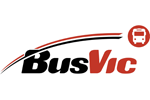Publications | Submissions | Consultations
The Bus Industry Confederation regularly responds to invitations from government departments, authorities, committees and inquiries to share its opinions or provide feedback informing decision making and policies. From time to time, the BIC also commissions topical research, further developed into valuable industry resources.
Below are the BIC’s most recent publications…
The BIC and BusNSW acknowledge the intent of TfNSW wanting to ensure ESS technology is safe and to standards through TS 00034, and the considerable level of work that has been invested into developing the standard. However, the current proposal does not acknowledge the stringent standards in place for buses at a national regulatory level such as Australian Design Rules (ADRs).
It only acknowledges them for road-rail vehicles. Buses are already subject to the same stringent safety requirements as other road-going vehicles (cars, trucks, and buses). Standalone standards not aligned with existing stringent national safety legislation, standards and TfNSW accreditation schemes already in place, will result in regulatory duplication and conflict without any safety benefit.
Introducing new competencies or whole-of-life assurance expectations without transition time, guidance, or support pathways would impose significant burdens during the ZEB transition. Its implication on other road vehicles such as non TfNSW buses and other TfNSW owned road going assets such as cars is unclear.
Download TfNSW Lithium Battery Onboard Energy Storage System Safety >>
The Bus Industry Confederation (BIC) welcomes the opportunity to provide input to the National Transport Commission (NTC) on the heavy vehicle charges consultation report.
The BIC has made a general response to the consultation paper and identified areas for NTC’s attention, specifically relevant to the bus and coach industry.
The Bus Industry Confederation (BIC) welcomes the opportunity to provide input to the National Transport Commission (NTC) on the proposed statutory instruments that will support the updated Heavy Vehicle National Law (NHVL).
The BIC has made a general response to the consultation paper and identified areas for NTC’s attention, specifically relevant to the bus and coach industry and to reiterate what was provided in our response in November 2024.
Download the Heavy Vehicle National Law Statutory Instruments >>
The Bus Industry Confederation (BIC) welcomes the opportunity to provide input to the Department of Infrastructure, Transport, Regional Development, Communications, Sports and the Arts (DITRDCSA) consultation on the exposure draft of the Disability Standards for Accessible Public Transport Amendments 2025.
The BIC has only responded to specific sections relevant to the bus and coach industry.
Download the Disability Standards for Accessible Public Transport Amendment 2025 >>
The Bus Industry Confederation (BIC) welcomes the opportunity to provide input to the Department of Infrastructure, Transport, Regional Development, Communications and the Arts (DITRDCA) consultation on Harmonisation of vehicle lighting standards.
BIC members provided constructive feedback to the proposed ADRs and some commentary which, while related to lighting, sits partially outside the official remit but is included given members concerns.
Download the Harmonisation of vehicle lighting standards 2025 >>
The Bus Industry Confederation (BIC) and the Australian Public Transport Industrial Association (APTIA) welcome the opportunity to provide feedback to the National Heavy Vehicle Regulator’s (NHVR) Master Code of Practice – Public Consultation Draft. The bus and coach industry supports the introduction of industry specific risk, hazards and controls in the draft Master Code of Practice (the Code). However, we also strongly advocate for controls that are appropriate to the nature, complexity and size of the duty holder’s transport operation.
Download the NHVR Master Code of Practice – Public Consultation Draft >>
The Bus Industry Confederation (BIC) welcomes the opportunity to provide input to the National ZEB Harmonisation Working Group’s Industry consultation on Zero Emission Buses: proposed nationally consistent set of minimum requirements for a base model bus. We value the good working relationship to further work to a harmonised outcome.
The Bus Industry Confederation (BIC) welcomes the opportunity to provide input to the Productivity Commission’s review of the National Competition Policy (NCP) 2025, as requested by the Hon Jim Chalmers MP. This submission focuses on the proposed reform concerning the adoption of international and overseas standards within regulatory frameworks, as well as the harmonisation of regulated standards across Australia.
As the major provider of public transport in Australia (with a strong manufacturing and supply presence), we highlight significant concerns with adoption of international standards without first addressing the many issues within Australia different jurisdictions. The BIC also emphasizes the critical need for a level playing field within the Australian bus industry, highlighting several key areas where reforms are necessary to ensure fair competition, harmonisation across states and collaboration with industry stakeholders at every level, especially within Australia first.
Download the National Competition Policy Analysis Submission >>
Antisocial behaviour of public transport users is an ever-increasing issue and a difficult subject to tackle for government, transport regulators, bus operators and suppliers. Additional measures are being sought or implemented by government, operators, and suppliers to better protect drivers from physical attack. As such:
This guide provides advice on vehicle standards requirements when installing driver safety screens as part of any in-service modification. These include (accessibility, field of vision, distortion, glazing and ventilation) to maintain safety, vision daily accessibility and accessibility in the event of an emergency. May be used in conjunction with the NHVR’s Exemption notice: National Heavy Vehicle Standards (Bus Driver Safety Screen) Exemption Notice 2025 (No.1) and Vehicle Standards Bulletin 6 (VSB6) V3.2: National Code of Practice Heavy Vehicle Modifications section K3.
The Bus Industry Confederation fully supports the Truck Industry Council’s submission regarding the proposed restrictions on Decabromodiphenyl ethane (DBDPE) and Mercury. The BIC strongly urges the Department of Climate Change, Energy, the Environment and Water (DCCEEW) to consult directly with key industry bodies—including the BIC, TIC and FCAI—before taking any further regulatory action.
The Bus Industry Confederation (BIC) and the Australian Public Transport Industrial Association (APTIA) welcome the opportunity to provide feedback to the National Transport Commission (NTC) on their Improving health screening for commercial vehicle drivers: discussion paper (discussion paper).
Download the NTC Review: Improving Health Screening for Heavy Vehicle Drivers 2025 Submission >>
This FAQ has been designed to help you navigate the new Australian Design Rule (ADR) 68/01 – Occupant Protection in Buses design rule requirements that were announced in January 2025. The new design rule aims to improve seatbelt wearing rates in buses and coaches mainly through Visual and Audible Warning Requirements for Occupant Seatbelt Awareness commonly referred to as seatbelt reminder systems. It has been introduced by government following consultation with the states, territories and industry.
The BIC welcomes this opportunity to provide its submission for the ADR Harmonisation Review 2024-25, acknowledging the desire of DITRDCA to harmonise with international standards, such as the United Nations regulations, to provide smoother transition to new model vehicles, especially Zero Emission vehicles.
The BIC welcomes this opportunity to provide its submission for the 2025-26 federal budget, outlining four recommendations against the five key focus areas:
- Transition to Sustainable Transportation
- Achieving Low and Zero Emission Goals
- Promoting Local Manufacturing and Supply Chains
- Building a Sustainable Workforce
- Further enhancing bus safety
Pre-2025
Acknowledgement of our industry’s uniqueness is lacking within the Heavy Vehicle National Law Amendment Bill and Heavy Vehicle National Amendment Regulations. The inclusion of a distinct section specific to bus and coach would provide clarity and enable governments to clearly understand the implications of proposed changes and the specific circumstances applicable in focus areas such as fitness-to-drive and fatigue management.
In October 2017, the last Aussie built car rolled off the production line in Adelaide. Without urgent government intervention, 2027 could be the last year that buses and coaches are manufactured or assembled on Australian soil. Assistance from the Australian and State, Territory Governments is urgently required to stop the collapse of bus and coach manufacturing and assembly in Australia.
The Bus Industry Confederation (BIC) welcomes the opportunity to respond to the Australian Government’s Transport and Infrastructure Net Zero Consultation Roadmap. As the peak body for the bus and coach industry in Australia the BIC represents bus and coach operators, vehicle, and equipment manufacturers as well as other suppliers and responds on their behalf.
The Australian bus industry is uniquely positioned to lead the transition to zero-emission technologies for heavy vehicles.
As an industry, we can significantly reduce transport emissions, while helping Australia meet its climate targets and creating new economic opportunities. But the transition must be carefully managed to ensure the best outcomes while protecting our economy, including jobs and essential services.
To stabilise and then grow Australia’s sovereign manufacturing ability for buses, BIC recommends that the Australian Government commit funding for the establishment of an Office of National Bus Industry Coordination which will lead the development and implementation of a National Bus Manufacturing Plan and associated National Bus Procurement Roadmap and Manufacturing Strategy. Further, we recommend that the Government commit funding to a National Heavy Vehicle Skills and Workforce Program.
This paper reviews the status of heavy vehicle body mass and dimensions as it relates to buses and coaches. Consequently, the paper also provides an update on the BIC position for wider vehicles (specifically 2.5 to 2.55 m body width) as it relates to the Australian bus industry.
Download the Dimensions and Mass for Low and Zero Emission Buses and Coaches 2023 >>
This paper has been produced following a request for information from the Department of Infrastructure, Transport, Regional Development, Communications and the Arts (DITRDCA) into the implementation of the following cyber security and cyber security management systems:
- UNITED NATIONS (UN) Regulation No. 155 – UNIFORM PROVISIONS CONCERNING THE APPROVAL OF VEHICLES WITH REGARD TO CYBER SECURITY AND CYBER SECURITY MANAGEMENT SYSTEM (UN R155) and
- UN Regulation No. 156 – UNIFORM PROVISIONS CONCERNING THE APPROVAL OF VEHICLES WITH REGARDS TO SOFTWARE UPDATE AND SOFTWARE UPDATE MANAGEMENT SYSTEM (UN R156).
The paper will assist the DITRDCA in preparing a preliminary impact analysis based on industry input from the industry associations.
On 28 August 2023, the BIC presented a Bus Safety Initiatives Paper at a Bus Safety Ministerial Roundtable hosted by Senator Carol Brown – Federal Assistant Minister for Infrastructure and Transport. The Paper provides 8 key recommendations to further enhance bus safety – the vehicle, the passenger and other road users.
The BIC supports the intent of the National Electric Vehicle Strategy Consultation paper which covers a range of goals and although the bus and coach industry are broadly supportive of these goals, highlighting two main concerns with the strategy. The bus and coach industry in Australia is uniquely placed to be an exemplar of how to transition heavy vehicles to zero emissions operation. The public transport tasks (including school bus services), which the industry undertakes daily are so configured that the vast majority of these operations are ideally suited to adopt dedicated battery and hydrogen technology.











